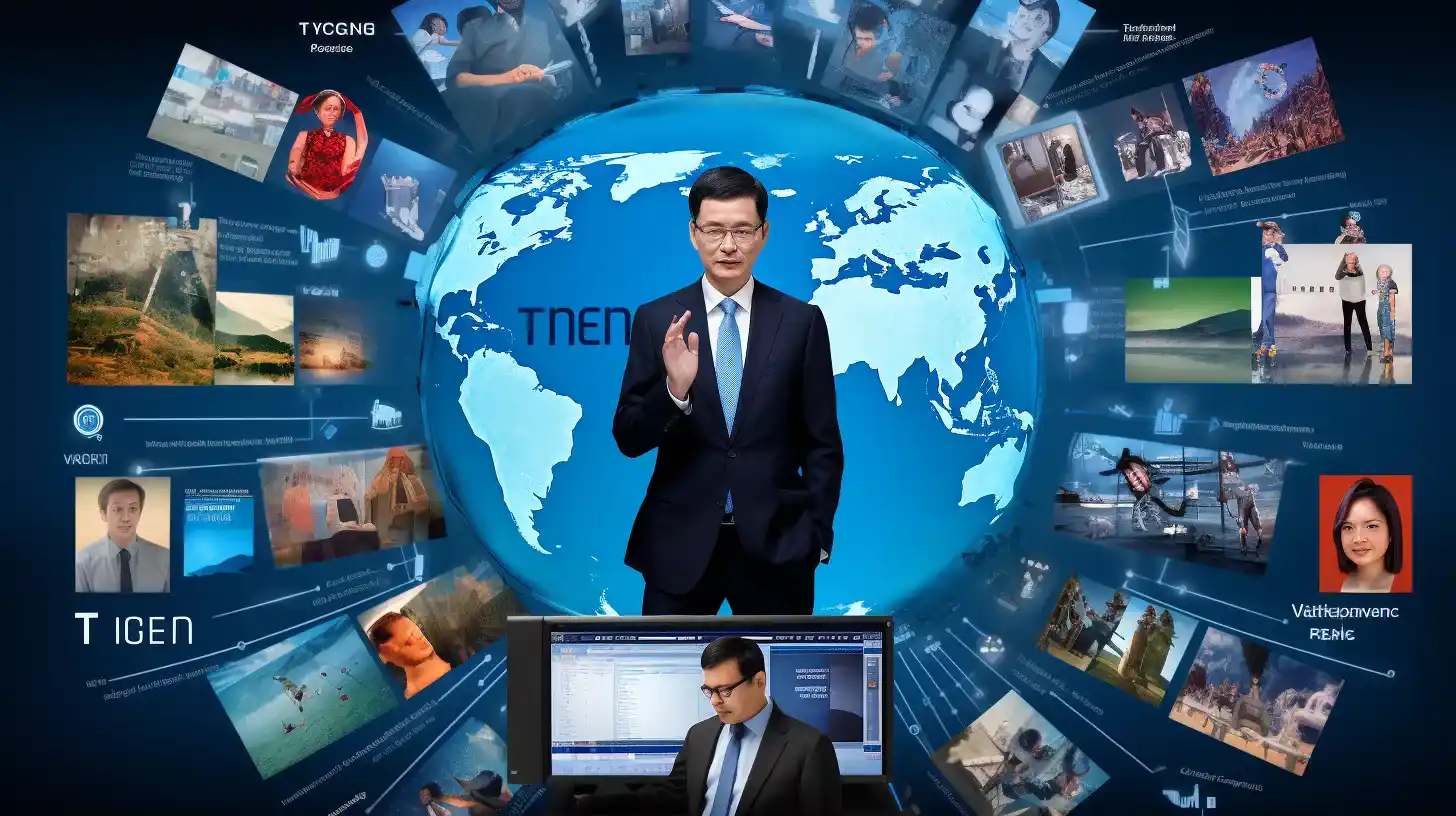Table of Contents
Tencent AI, the 25-year-old tech giant that dominates China’s internet landscape, is facing a crisis. Its gaming sector, which accounts for nearly one-third of its profits, has seen its revenues plummet in the past year. The Chinese gaming market, once booming with $16.9 billion worth of deals in 2018, has shrunk to a mere $158 million in 2023, according to a report from The Verdict.
To cope with the changing times, Tencent AI has announced a major strategic shift: it will focus more on artificial intelligence (AI) technologies, following the footsteps of its Silicon Valley rivals. Tencent CEO Pony Ma made the announcement at an annual corporate event in China on Jan. 29, calling gaming the company’s “flagship business” but admitting it faced “significant challenges” in 2023.
Why Tencent AI Matters
Tencent is not new to AI. It has been investing in AI research and development since 2016 when it established its AI Lab. It has also launched several AI products and services, such as WeChat AI, Tencent Cloud AI, and Tencent Music AI. However, Tencent has not been able to establish itself as a global leader in AI, unlike its US counterparts such as Google, Facebook, and Amazon.

That may change with the launch of Hunyuan, a large language model that Tencent AI claims can rival OpenAI’s ChatGPT, the most advanced AI system in the world. ChatGPT is a deep learning system that can generate natural language texts on any topic, such as news articles, stories, poems, and even code. ChatGPT has been hailed as a breakthrough in AI, as it can demonstrate human-like creativity and intelligence.
Tencent AI unveiled Hunyuan for enterprise use in September 2023, and it quickly became one of the most popular AI models in China, along with Alibaba’s Tongyi Qianwen and Baidu’s Ernie Bot. Hunyuan can perform various tasks, such as text summarization, sentiment analysis, dialogue generation, and knowledge extraction. Tencent claims that Hunyuan can outperform ChatGPT on some benchmarks, such as the Chinese GLUE dataset, which measures the natural language understanding ability of AI systems.
How Tencent AI plans to catch up with Silicon Valley
Tencent’s ambition is not limited to China. It wants to compete with the global leaders in AI, and it has a few advantages to do so. First, it has access to a massive amount of data, thanks to its popular platforms such as WeChat, QQ, and Tencent Video, which have over a billion users each. Data is the fuel for AI, and Tencent has plenty of it.

Second, it has a strong talent pool, both in-house and outside. Tencent has hired some of the top AI experts in the world, such as Zhang Tong, the former head of Baidu’s AI Lab, and Yu Dong, the former chief scientist of Microsoft Research Asia. It has also partnered with leading universities and research institutes, such as Tsinghua University, Peking University, and the Chinese Academy of Sciences, to collaborate on AI projects.
Third, it has a supportive government, which has made AI a national priority. China has set a goal of becoming the world leader in AI by 2030, and it has invested heavily in AI infrastructure, education, and regulation. Tencent has benefited from the government’s policies and subsidies, as well as its access to the domestic market, which is largely protected from foreign competition.
However, Tencent also faces some challenges in its AI journey. One is the ethical and social implications of AI, such as privacy, security, and fairness. Tencent has been criticized for its use of facial recognition, censorship, and surveillance, which may undermine its reputation and trust among users and regulators.
Another is the technological gap with the US, which still leads to AI innovation and hardware. Tencent relies on Nvidia’s GPUs to power its AI systems, but Nvidia is also a competitor, as it develops its own AI platforms and services.
Tencent AI is a bold and ambitious move by China’s tech giant, but it is not a guaranteed success. It will have to overcome many obstacles and uncertainties, as it tries to catch up with Silicon Valley in the AI race. Whether it can achieve its goal remains to be seen, but one thing is clear: Tencent AI is not to be underestimated.